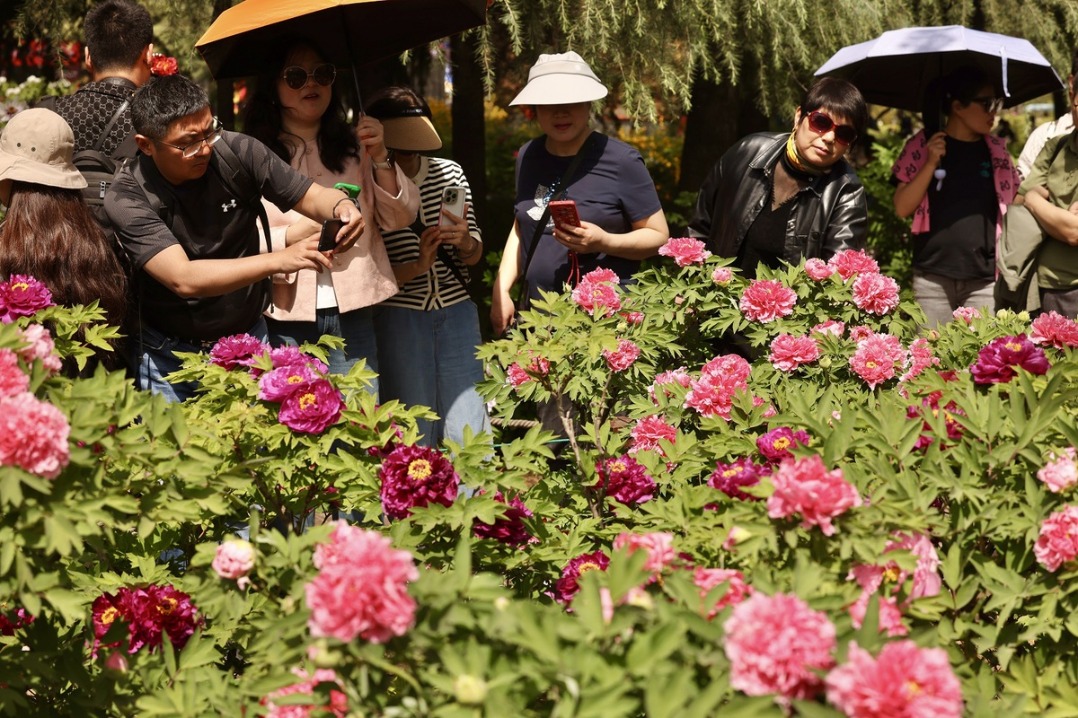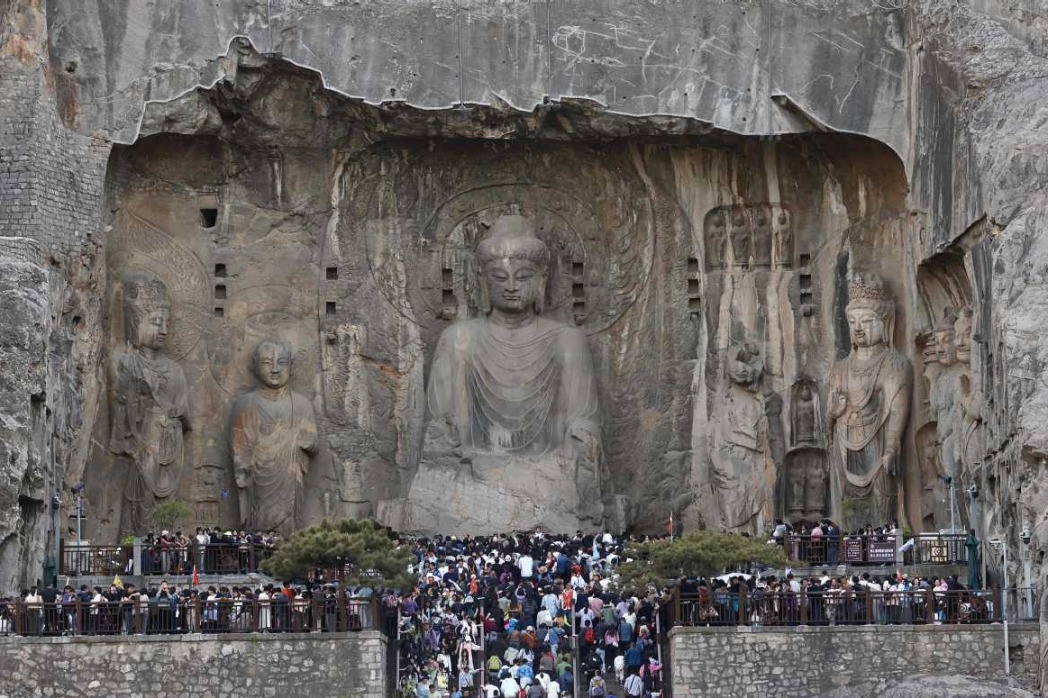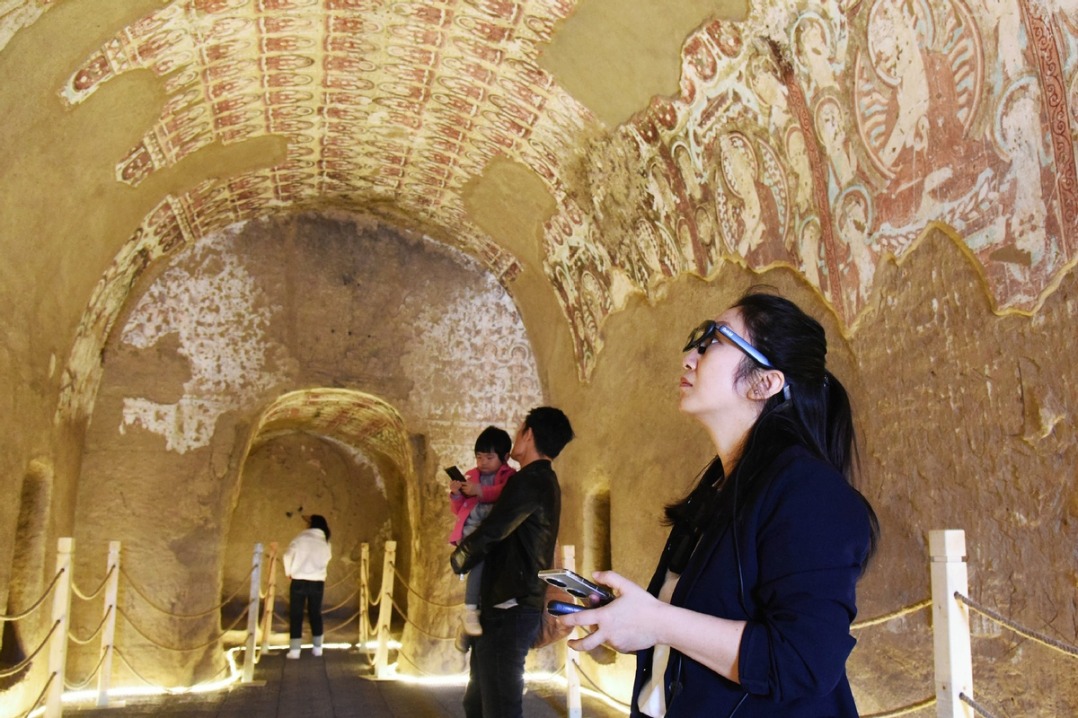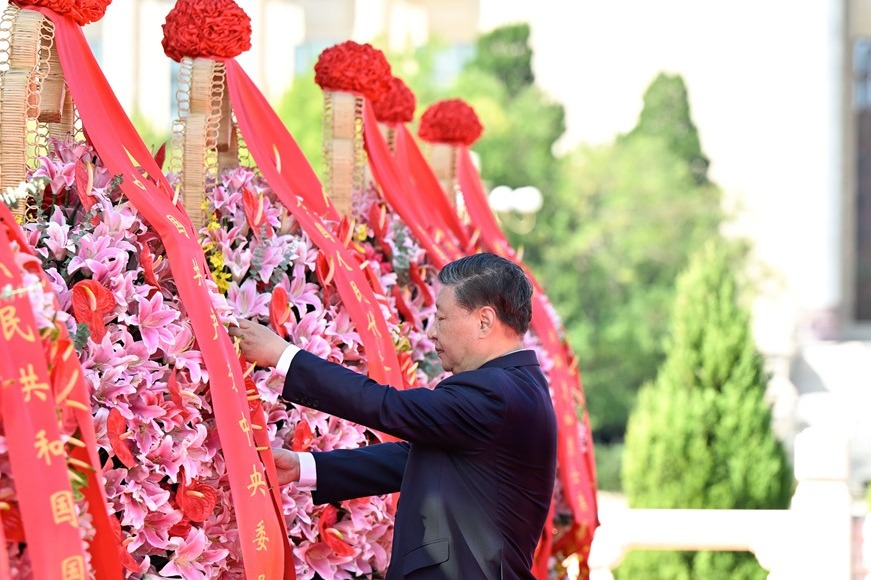Debate triggered over Asian stereotypes at the movies

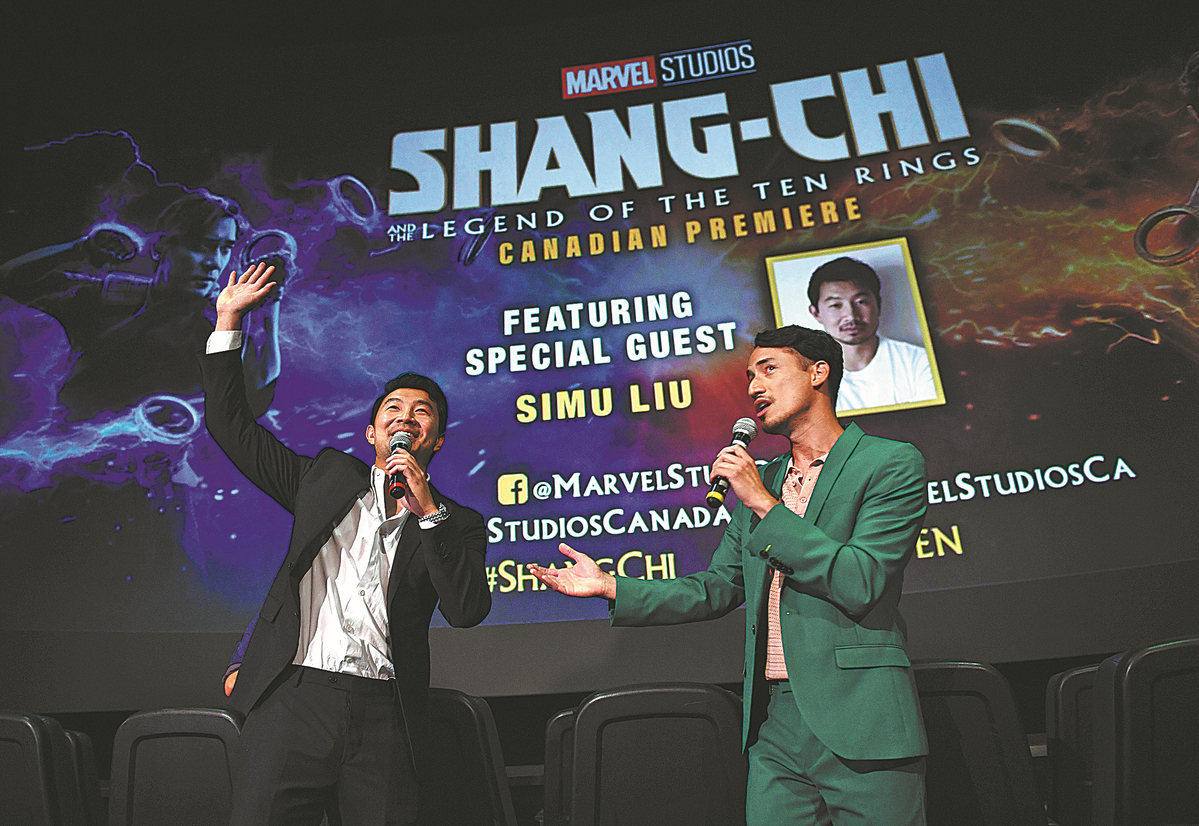
Film scholar Celine Parrenas Shimizu said Asian women are stereotyped as "hypersexual, but docile," and this image took hold in the US with the emergence of films and artworks after the country led wars in Asia.
Only six of the 1,300 films studied featured an Asian woman in a lead or co-lead role, and these females are "sexualized" on screen, the USC report said.
Asian girls and women were often shown in sexy attire, with some nudity, and referenced as more physically attractive than Asian boys and men, the report added. Three of 24 Asian women in 2019 were "hypersexualized", including one in a complex leading role, it said.
In turn, the stereotypes rendered on film have influenced the perception of Asians in daily life.
Caroline Hsu, a political science student at UCLA, told campus newspaper The Daily Bruin that media depictions of Asians affected the way she viewed herself growing up.
"I felt my purpose was to serve others. I was supposed to be arm candy to a guy, I was supposed to serve food, I was supposed to paint nails… and I think the media… made us just look like indentured slaves or workers," Hsu said in the article, which was published in April.
"In films, especially when we see these sorts of Asian stereotypes, it makes us think that we're boxed into this certain definition of ourselves."
Sean Niu, producer of the Bund to Brooklyn podcast, said,"Asian Americans were actually here at the start of the film industry in the days of black-and-white silent movies, but along the way, there were a lot of struggles and many obstacles.
"Even in recent years, we've had to fight whitewashing, with people such as Scarlett Johansson playing a character that is written to be Japanese in Ghost in the Shell, and Tilda Swinton replacing an Asian monk in Doctor Strange. It's definitely still a work in progress."













